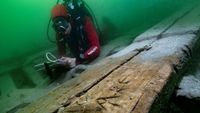
2,000-year-old shipwreck may be Egyptian 'pleasure barge' from last dynasty of pharaohs
Archaeologists diving off the coast of Alexandria, Egypt, have discovered the remains of a 2,000-year-old "pleasure barge" from the time of the Ptolemaic period.


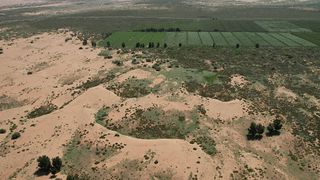
By Sascha Pare published
Since 1978, China has planted more than 66 billion trees along its 2,800-mile-long northern border, and it wants to plant 34 billion more over the next 25 years to complete its "Great Green Wall."
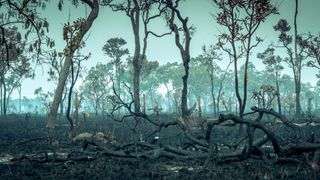
By Sascha Pare published
The Amazon rainforest currently has a few days or weeks of hot drought conditions per year, but researchers say this could increase to 150 days per year by 2100.
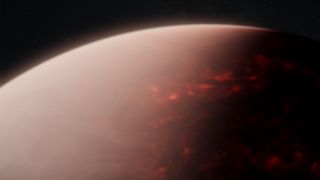
By Tia Ghose published
James Webb finds a hot planet that is tidally locked with its parent star, is coated with a thick atmosphere of volatile chemicals.
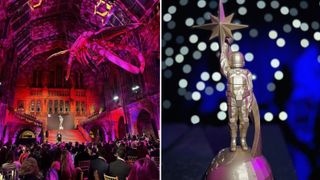
By Harry Baker published
The winners of the inaugural Global Space Awards were recently announced at a star-studded ceremony at London's Natural History Museum. The event championed innovation and sustainability, while also celebrating the life of a late NASA astronaut.
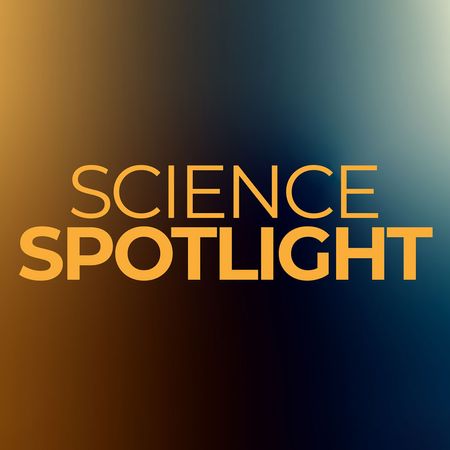
Discover the research changing our understanding of the world
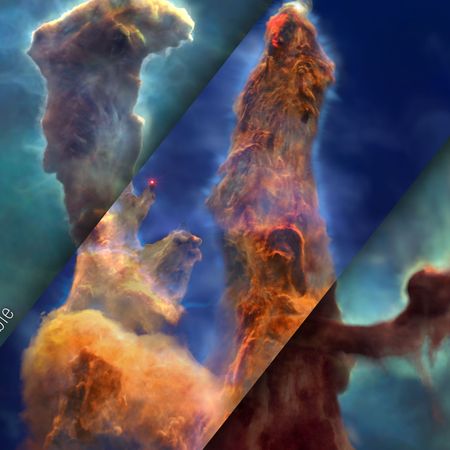
Extraordinary images of our sublime universe
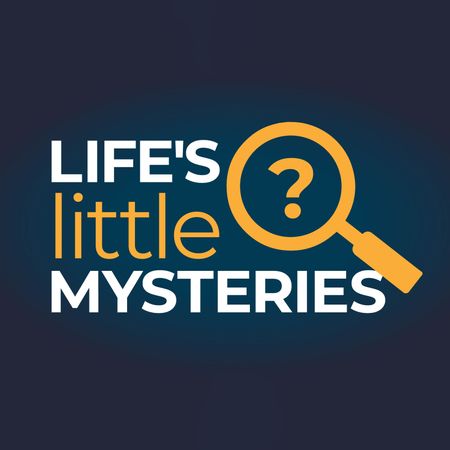
Science questions, answered

Test your knowledge on all things science with our weekly, free crossword puzzle!

Test your knowledge of everything from space to nature
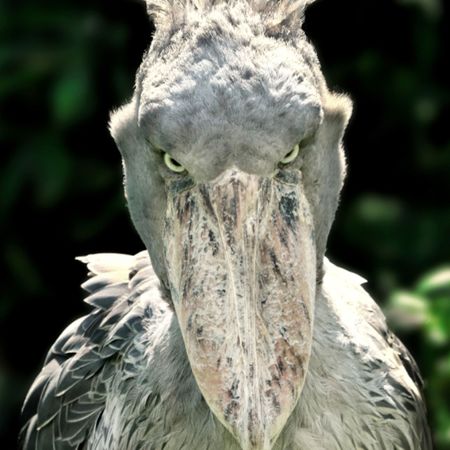
A look at the weird and wonderful species that live on our planet

Unusual case reports from the medical literature
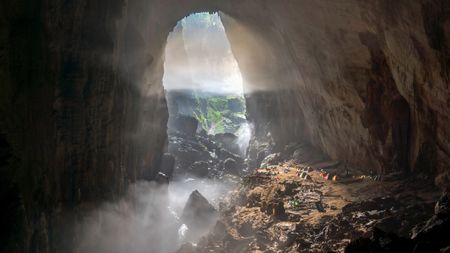
A window onto extraordinary landscapes on Earth
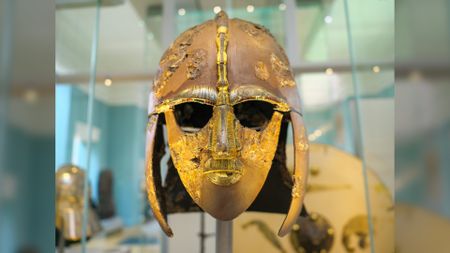
A glimpse into how people lived in the past
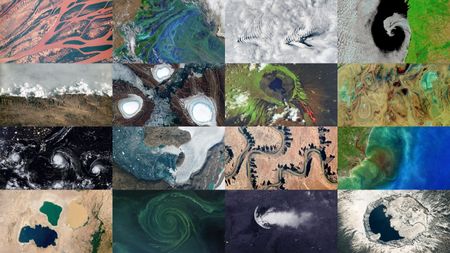
Incredible images of our planet from above

By Anna Gora last updated
Buying guides Need some last-minute gift ideas for a fitness enthusiast? We have your back.
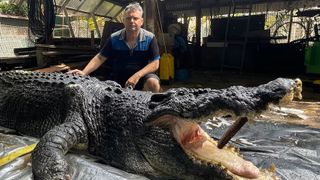
By Sascha Pare published
Cassius was an 18-foot-long saltwater crocodile living in captivity in Marineland Crocodile Park in Australia. He died last year at the age of about 120, and we finally know why.
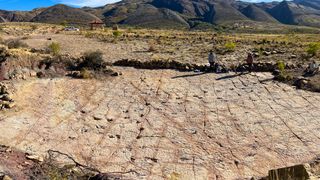
By Sascha Pare published
Researchers have counted 16,600 fossilized dinosaur footprints and 1,378 swim tracks at a site in Bolivia that showcase a variety of behaviors and different theropods from the Cretaceous period.

By Harry Baker last updated
Science crossword Test your knowledge on all things science with our weekly, free crossword puzzle!
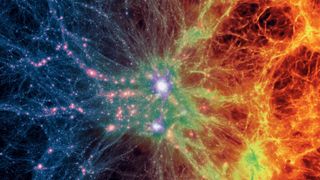
By Elizabeth Howell published
Scientists hunted dark matter and solar neutrinos with one of the largest experiments yet. While the neutrinos likely appeared, dark matter results couldn't be confirmed.

By Clarissa Brincat published
Determining the "loudest recorded sound" depends on how you define sound and on which measurements you choose to include.

By Skyler Ware published
A new mathematical equation describes the distribution of different fragment sizes when an object breaks. Remarkably, the distribution is the same for everything from bubbles to spaghetti.
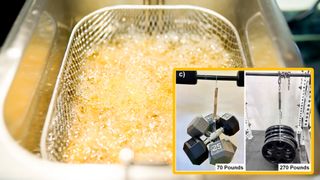
By Mason Wakley published
Chemists used waste cooking oil to create a sustainable, super-sticky adhesive that's strong enough to hold up hundreds of pounds of weight.
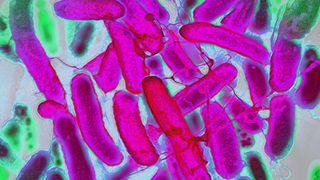
By Mason Wakley published
Scientists have used a novel method to create sustainable, rainbow-colored fibers using bacteria in the lab.
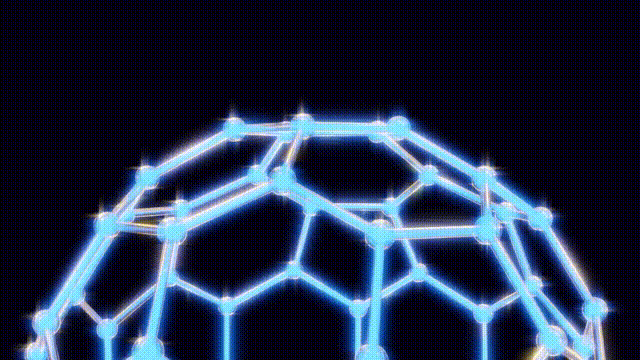
By Tia Ghose published
Over a feverish 10-day period, scientists synthesized and described a new class of carbon molecules, called buckminster fullerenes, after the iconic 20th-century inventor.

By Anna Gora last updated
Buying guides These are the best sleep headphones you can buy in every category, from Ozlo Sleepbuds and AcousticSheep SleepPhones V8 to Soundcore Sleep A30.
Please login or signup to comment
Please wait...